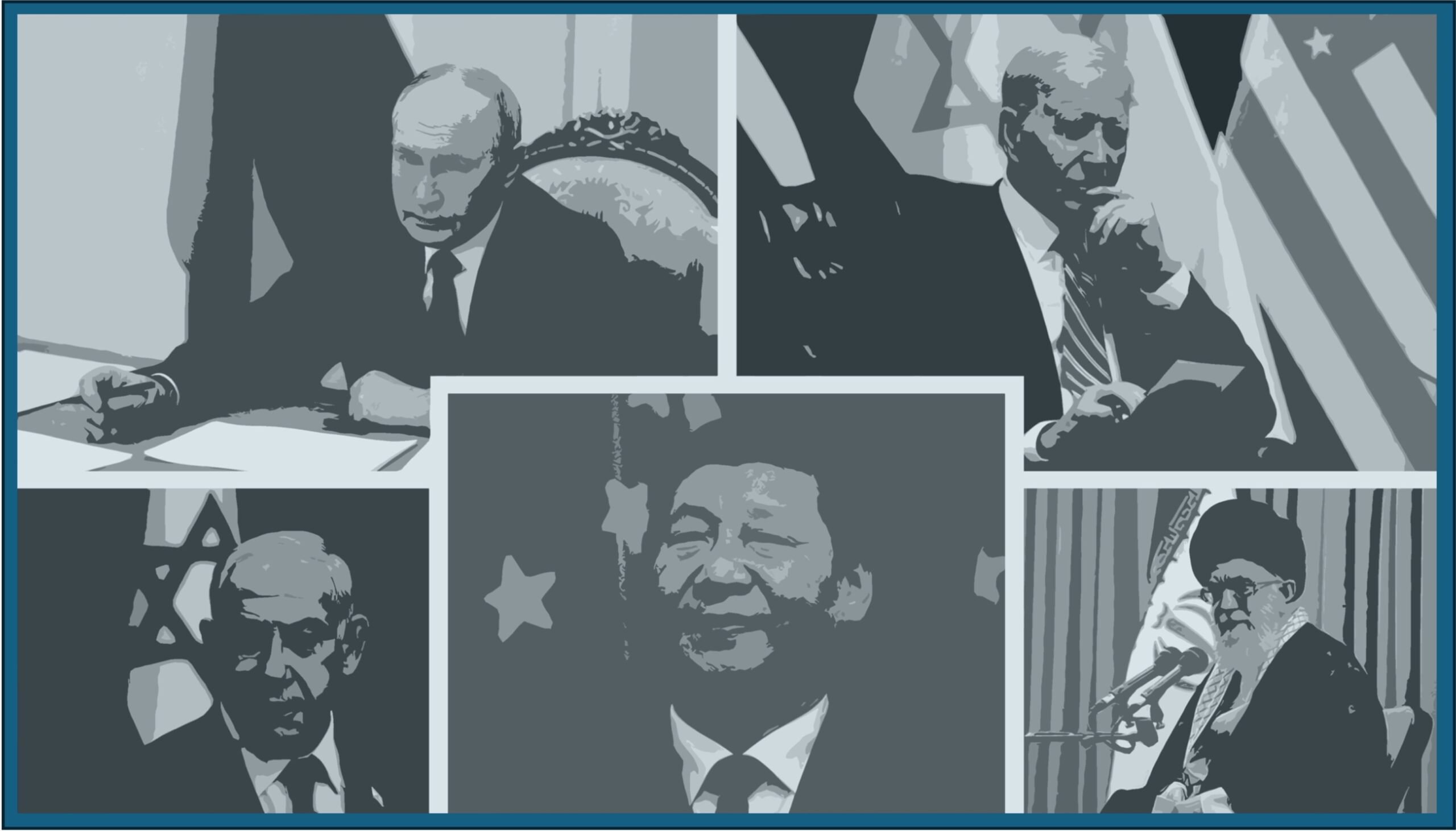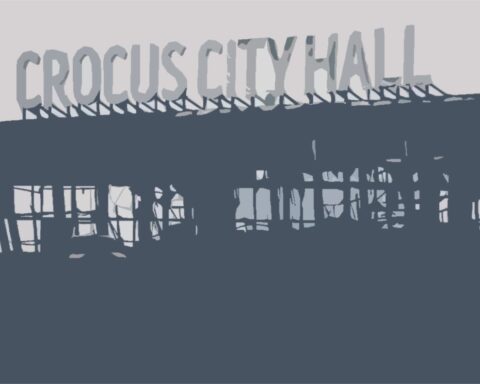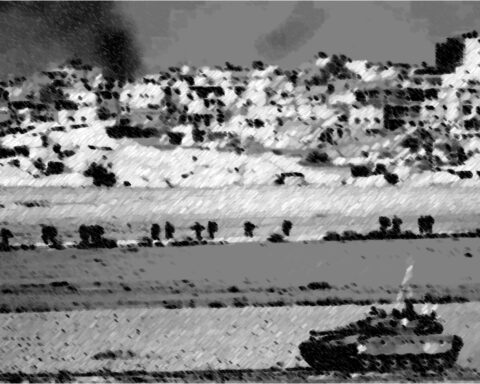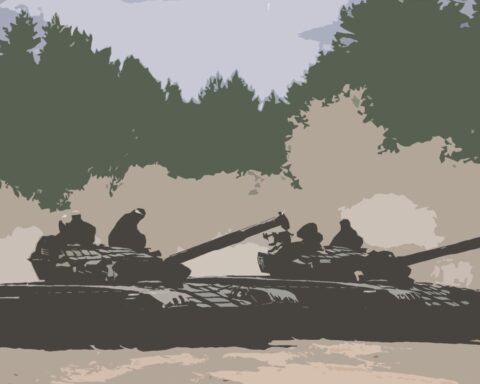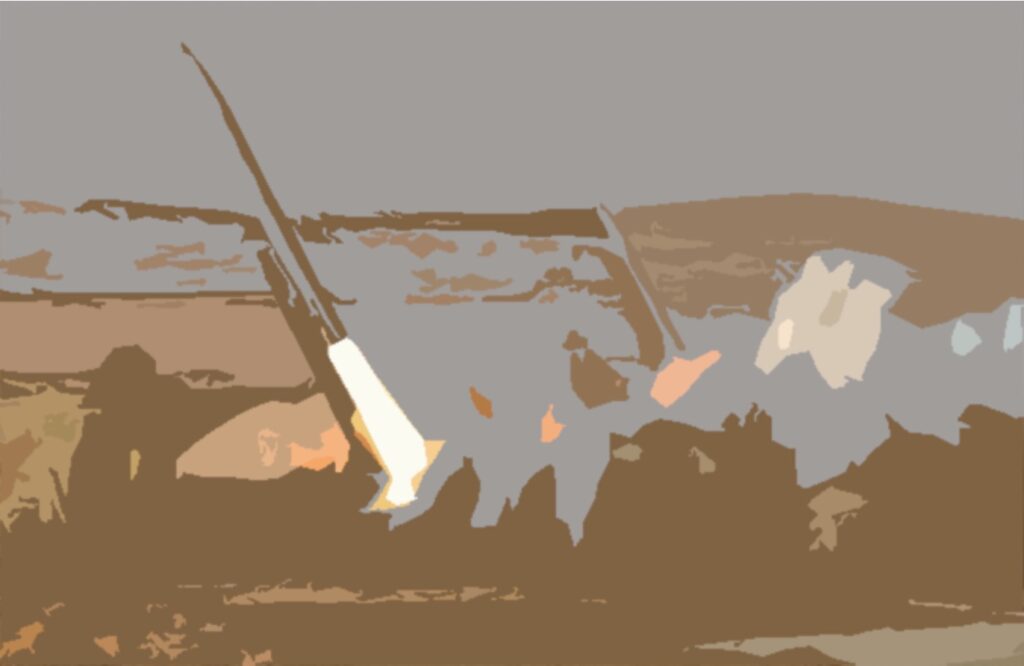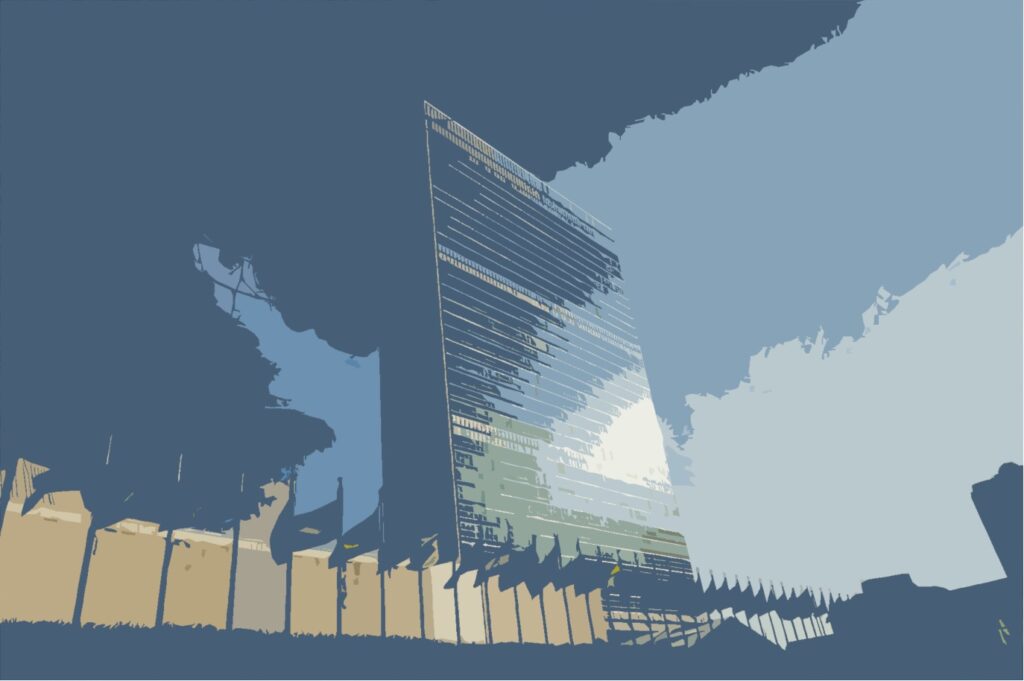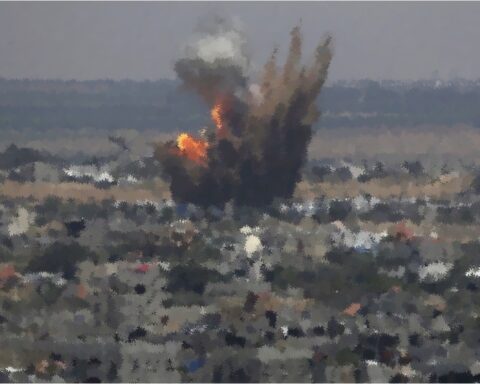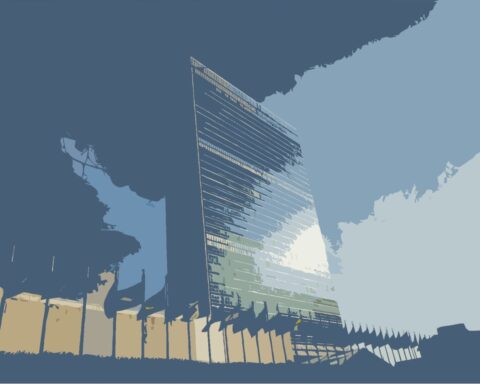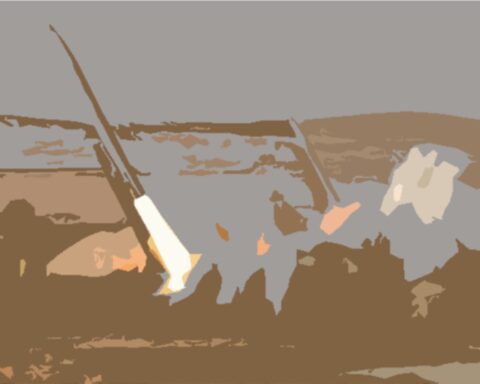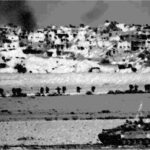The United States will not easily relinquish its hegemony. Not just the U.S., no power ever did, nor will. If there is a power struggle between China and the U.S., it is currently in the form of a “fierce battle”. China does not have enough power today and is not about to declare war on the U.S. However, let’s not forget, in strategy, the test is to “bring the opponent to the border and crush them”.
When the U.S. was withdrawing from Afghanistan, many ignorant people said, “The U.S. has been defeated, it’s in retreat, its time is up…” As I said, ignorance!
Now, let’s turn to the Middle East region. In my previous article titled “The Course of Iran” (Jan 18, 2024), I explained some developments.
I evaluated the current situation as follows.
It seems that Iran and Pakistan have agreed. They said they “will not fall for the U.S.’s game”. We should think that this game includes Britain and Israel as well. But everything is not so simple; even if the regional tension in eastern Iran is overcome today, it may appear very differently tomorrow. Because Baluchistan is on the route of the China-U.S. struggle and has very critical features. Let’s not forget that the issue of Baluchistan also carries a message to India and China.
Today we can think this: the U.S. and Israel have declared a “war on Iran’s proxies” in the region. This aligns with Israel’s plan to control the Eastern Mediterranean coast. So, a phased plan: First Gaza, then Lebanon. Recently, there was an attack on IRGC commanders in Damascus, Syria; wait and see, there could be developments regarding Hezbollah.
The U.S. will soon respond to the attack on the al-Asad military base in western Iraq. We will see in what tone.
Netanyahu said they “will attack Iran”. But it seems they are still in the phase of Proxy War.
The development of events and the U.S. forces positioned in the region show: Iran and its proxies have been encircled.
Iran, (in the context of the Damascus attack) said, “we reserve the right to retaliate”. They are not retaliating because they are “waiting for a bigger event”.
Let’s look at other topics.
NATO will conduct its largest exercise in history. NATO deters, does not attack. NATO defends by pressuring its adversary, not by attacking. NATO will conduct a large-scale and long-term exercise, which will include mobilization preparations. Citizens of the 31 member countries are expected to “believe” in the seriousness of the situation. Show of determination!
Don’t expect a world war yet, even though such news is deliberately put forward. As I said, testing the opponent at the border! The indicated borders are war, naturally. Strategy requires this. NATO pressures its rivals in its own way; think of Russia and China, and of course, Iran and North Korea. China still has homework to complete between 2027-2035 for gathering strength. While they are working, will the U.S. (or NATO members) just wait?
Another issue is Ukraine and thus Russia. Today’s NATO pressure should force Putin into peace. Drawing to the edge of danger and forcing acceptance of the proposal! Hence, the NATO exercise is long-term and extensive.
In short, the Biden administration means, “We will support Ukraine until Russia is defeated”. But the situation has relaxed a bit now. Because other plans also need to be successful.
Zelensky said, “We will fight Russia until we take back all the territories”. But the Ukrainian army, unable to cross the Dnieper River in the necessary direction for the operation to retake its territories, is waiting helplessly today.
It was known from the beginning: Russia and Ukraine were not equal forces. For example, if NATO does not enter the war, it was not possible to defeat Russia. A NATO-Russia war was not possible because it would mean a “world war” with an uncertain end, so the statements and efforts were merely strategic caution.
What are the results? Essentially, the U.S., Europe, and NATO have taken what they could. The Western world can no longer be at the level of relations with Russia before 2022. Relations will not change until the current Kremlin regime changes, but that is also not possible. Russia’s expectation of a “multipolar world” is a distant possibility. To improve its current position, Russia first needs to escape sanctions. Putin has two trump cards in the hands of the Western world; the Arctic region and making a nuclear weapons agreement. But it’s not possible to put forward these trump cards.
So, the agenda will remain on the Indo-Pacific axis. China, India, Taiwan, Thailand, Australia, the Middle East, new projects, new energies, new trade relationships…
It seems that countries wanting to follow Russia and Moscow have been somewhat left out! There’s also this issue of geopolitical lines. Right in the middle of the proposed projects between China and the Western world, each passes through the Sea of Oman, Iran, the Red Sea. Who will block or delay which project, and who can ensure their project takes the lead?
Let’s turn to Iran.
Would the USA and Israel attack Iran? For those distant from strategy and polemology, a lot of hasty ideas can be suggested. There’s a method to this; modern wars (or power struggle activities) require it.
The USA, the UK, and Israel are on one side, and you can add others of course. Currently, the following can be done to Iran: Continuing with Proxy Wars, economic and political pressure, weakening ties with China and Russia, and stirring points that can create internal turmoil. Baluchistan continues to simmer, and if this continues, other ethnicities in Iran might also see developments. We will see the extent of what can happen when the people take to the streets against the regime. For example, whether there will be an attack on Iran’s nuclear facilities. This plan is long-term, at least 1-2 years.
Let me come to the conclusion.
Those who hold control are those who know the strategy. If you are talking about conflict, it should be understood in the manner of these new methods. Iran is a significant area of conflict. Israel, under the guise of the more pressing issue of Iran, is interested in making progress in the Eastern Mediterranean for its own benefit.
Are you ready to talk more about Iran?
